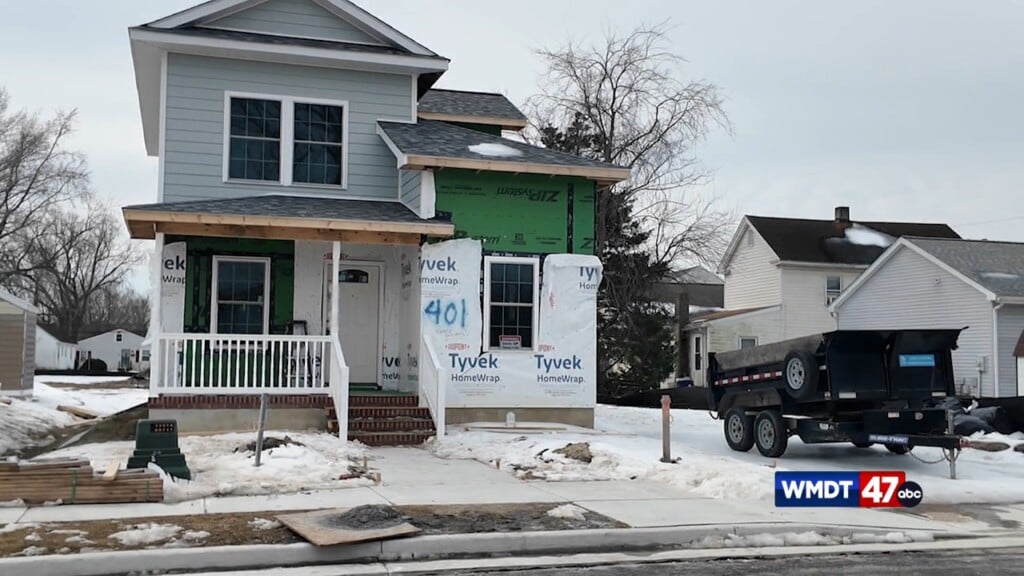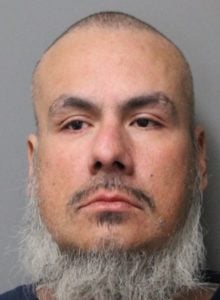New program helps Delaware nonprofits expand their reach
DELAWARE- “Many of these organizations have very, very small staff and are strapped for time. They don’t have someone on staff whose job it is set up systems and technology,” Bravo said.
That’s where the Delaware Alliance for Nonprofit Advancement’s new Non-profit Accelerator Program is stepping in with hopes of filling the gaps. DANA CEO Sheila Bravo said the program will help organizations build out their financial plans, provide technical support, and strengthen staff development. “The program was really designed to be a comprehensive support system to walk alongside these nonprofits over the next three years to help them build out their capacity,” Bravo said. “Having the right financial systems and tracking in place. Knowing how to write grants or event just to pull the resources together to even apply to a grant on a technology platform.”
The Delaware Alliance for Nonprofit Advancement told47ABC that they’ve historically been a resource for first state nonprofits supporting underrepresented communities. Eight organizations are a part of the program’s inaugural cohort.
CAMP Rehoboth is one of the participating nonprofits in the first cohort. Communications Manager Matty Brown said the program will bolster their volunteer workforce and implement their strategic plan. Primarily serving the local LGBTQ+ population, he added they’ll also have more tools in the tool belt to address the unique challenge that community faces. “Whether that means being a higher for HIV, not enough support programs for our aging populations, or mental health challenges facing our youth in the area,” Brown said.
La Esperanza Co-Executive Director Bryant Garcia said their mission is to help Latinos and immigrants establish themselves in the U.S. He told us the program will not only support their co-leadership model but help them serve a community whose needs continue to evolve. “We’ve seen a growth in the Haitian community and with that comes new needs and challenges. Different culture, different language, different barriers,” Garcia said.
DANA said that a peer cohort is another component of the program. Each non-profit’s executive director will work in a group, with a coach, on areas they’ve identified a critical need.
A $810,000 grant from the federal Small Business Administration helped kick start the program. Due to that funding, participating nonprofits are only paying a small portion of the cost it takes to support them over the three years of the program.
DANA hopes the success of the program will allow them to identify future funding opportunities.


